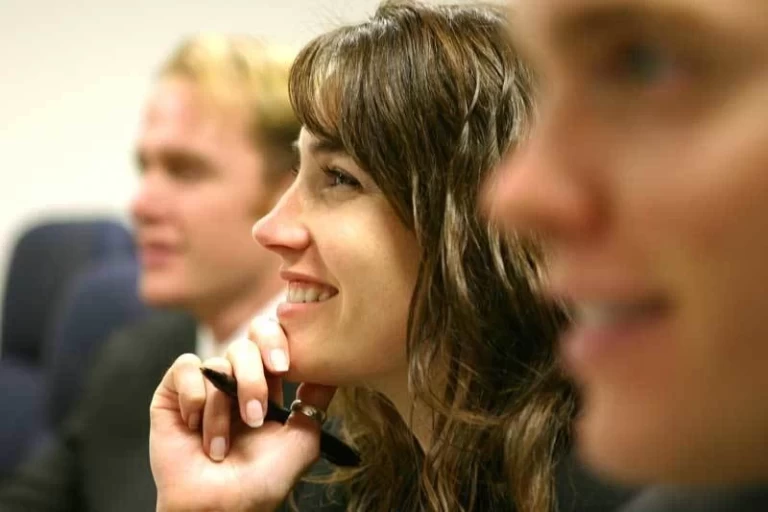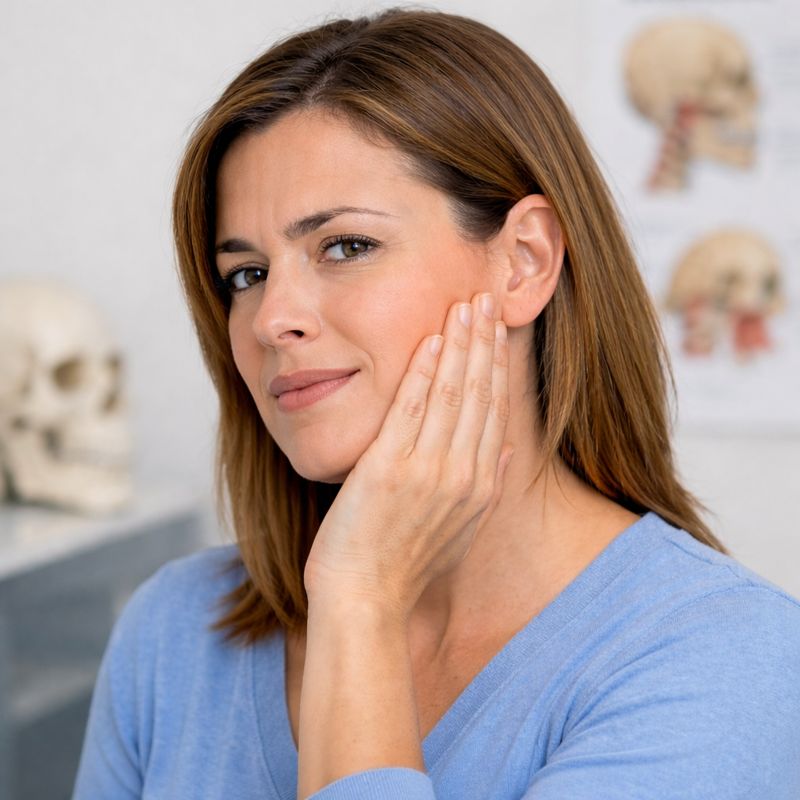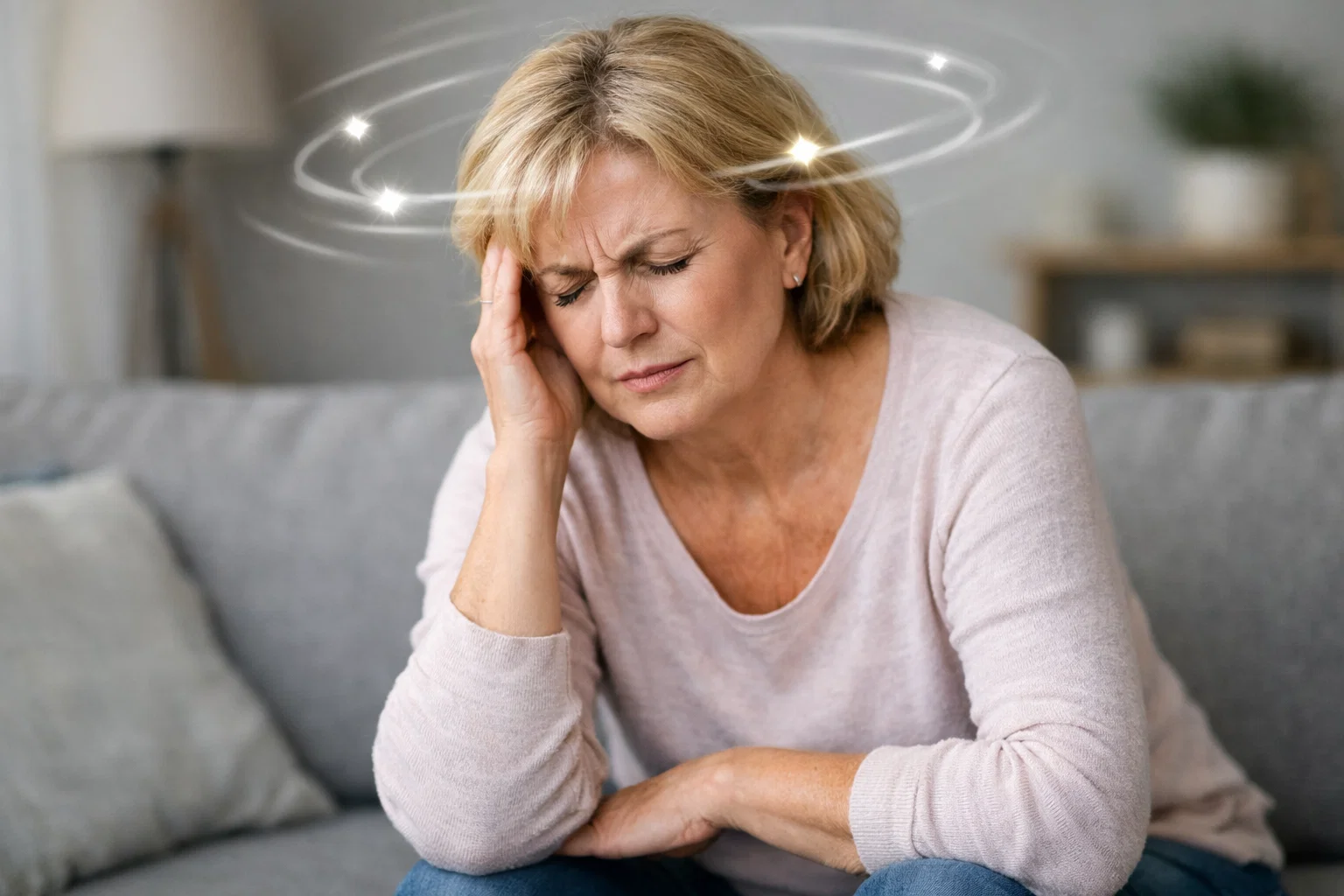
Understanding Tinnitus
If you’ve ever experienced the aggravating high-pitched ringing in your ears, you know how tinnitus can negatively impact your quality of life. When it comes to understanding this condition, there are several factors that are essential to consider as it relates to effective management and finding appropriate treatment options.
Tinnitus (pronounced “tin-night-us”) is a condition involving dysfunction within the mechanisms of the ear that produce an abnormal high-pitched ringing sound. Often when patients are trying to understand this condition it is difficult to identify consistent patterns to their experience and words to describe what exactly they are hearing in one or both ears.
Tinnitus often includes one ear but may include both depending on the situation. There are a variety of causes underlying this condition, and understanding this condition's risk factors in your health history will help to direct you toward safe, effective, and lasting relief.
Tinnitus Symptoms
When it comes to tinnitus symptoms, there are several different characteristics that are described by patients. The most common tinnitus symptom is the high-pitched ringing in the ears that occurs either constantly or intermittently. In severe cases this is a constant annoyance and results in loss of sleep, difficulty concentrating, and progressive hearing loss. Many individuals experiencing this condition symptoms do not necessarily have a high-pitched ringing in the ears but do experience a “buzzing” or “static” noise in one or both ears.
Often tinnitus symptoms are noticed gradually and intermittently at first, but in increasing frequency, as the condition progresses. Tinnitus symptoms are also included with other conditions such as Meniere’s Disease, migraine headaches, and damage to the eardrum or other organs of hearing. In order to determine the most effective treatment for this condition's symptoms a proper understanding of the underlying mechanisms is essential and in some situations a multi-disciplinary approach proves to be most effective. Many patients find that understanding the cause of this condition symptom is confusing because many healthcare providers are unfamiliar with this multi-faceted condition and it is often difficult to reach a diagnosis based solely on the subjective complaint of the patient.
Tinnitus Causes
Broad considerations for tinnitus causes will help to identify the issues that have become damaged or injured leading to its onset.
Tinnitus causes are related to a breakdown in either noise conduction or nerve conduction. Tinnitus is often related to progressive hearing loss, which has its root in a breakdown in nerve conduction from the ear to the brain. In short, although the sounds are traveling through the ear appropriately, interference to the conduction of nerve impulses results in an abnormal hearing process producing the sound of ringing when there is no vibration at the eardrum to produce it. Therefore, this condition causes can be varied and occur in combination.
Loud noise exposure can damage the tiny hair cells of the inner ear producing tinnitus and progressive hearing loss. Noise exposure compounds over time, so occupational exposure is a major cause of this condition when adequate hearing protection is not used. This is the primary cause of this condition as it relates to noise conduction. Conditions such as otosclerosis may also be a genetic factor contributing to decreased noise conduction and this condition.
Some tinnitus causes are related to dietary or chemical factors. For example, low sodium and low caffeine diet are recommended for patients experiencing this condition in Meniere’s Disease. This is thought to reduce inflammation and improve nerve conduction as it relates to hearing and this condition.
Very often patients experiencing tinnitus have a history of cervical spine trauma including whiplash, concussion, or a sports injury. Irritation to the sensitive nerve structures of the head and neck in these circumstances is likely to produce a number of negative side effects including tinnitus, vertigo, headaches, etc. This is an often-overlooked this condition cause and may delay necessary treatment and maximal recovery.
What To Do About Tinnitus
Many individuals trying to figure out what do to about their tinnitus symptoms will consult with a primary care physician to rule out tumors, aneurysms, or more threatening causes of tinnitus. Once these have been ruled out, many people are left without answers. An audiologist will perform a detailed audiogram to measure ranges of hearing loss and may prescribe a hearing aid. This testing can also determine if you have otosclerosis or other genetic factors causing this condition.
Many individuals who do not stand to benefit from a hearing aid are left with fewer options, most of which are focused on drowning out the ringing in the ears. White noise machines may be used to distract you from this condition at night, and many simply cannot fall asleep without the television or other background noise playing. These are obviously palliative measures and not curative.
Tinnitus in Adults
Tinnitus presents differently in different populations and often has different causes. In adults, tinnitus is caused by noise exposure or whiplash. To consider what caused this condition for you, consider the following:
- Have you experienced whiplash in the past 10 years?
- Have you ever experienced a concussion or head trauma with or without loss of consciousness?
- Do you have repeated loud noise exposure?
If you have experienced one or both of the first two causes, the cause of your tinnitus may be rooted in the cervical spine (neck). If you experience loud noise exposure, consult with an audiologist.
Tinnitus in Children
In children, this condition may accompany ear infections. As the Eustachian tube accumulates fluid, the conduction and pressure of the ear may change resulting in tinnitus and ear pain. Post-concussion syndrome is a hot topic in youth contact sports. This condition is a common side effect of a concussion and is often accompanied by vertigo, headaches, fatigue, and mood changes. It is essential that the cervical spine be rehabilitated in the case of post-concussion syndrome for maximal recovery and a safe return to play.
The forces sustained with concussion are strong enough to produce a whiplash injury to the neck, and upper cervical alignment should be checked by a qualified Doctor of chiropractic.
Chiropractic Tinnitus Diagnostic
From a chiropractic perspective, there are certain structural issues that may underlie tinnitus. The upper cervical spine is in close proximity to sensitive nerve and vascular structures of the head and neck that may produce tinnitus when irritated. The mechanics of the upper cervical spine can become disrupted with jars, jolts, and other injuries. Over time, the wear and tear associated with poor mechanics produce local irritation, inflammation, and nerve interference. Tinnitus is a common side effect of upper cervical spinal issues and should be considered in a comprehensive plan of care.
In order to determine if an upper cervical subluxation is contributing to or causing your tinnitus symptoms, a qualified upper cervical chiropractic Doctor will perform a series of diagnostic tests. Advanced imaging including x-ray, MRI, or CBCT may be used to determine the location and magnitude of abnormal alignment.
This is the blueprint for spinal correction and helps to identify the safest and most effective adjustment for the individual. Nerve testing including paraspinal thermography helps to locate the nerve interference and to measure changes in the nerve system following adjustments and overtime. Structural distortions in the posture will also be measured along with a range of motion and other key indicators of dysfunction.
Chiropractic Treatment for Tinnitus
For individuals with tinnitus that meet the criteria for chiropractic management, an individualized treatment plan will be developed to correct the underlying structural displacements of the upper cervical spine.
Chiropractic treatment for tinnitus includes precision upper cervical adjusting and supportive recommendations to provide a comprehensive approach. To ensure safe and effective chiropractic treatment, seek out a qualified upper cervical chiropractic doctor. The Blair Upper Cervical Chiropractic Society trains and equips doctors throughout the world to manage these conditions. To find out if there is a Blair Upper Cervical Chiropractor near you, search on our “locate a doctor” page and request a complimentary consultation.







Leave a comment